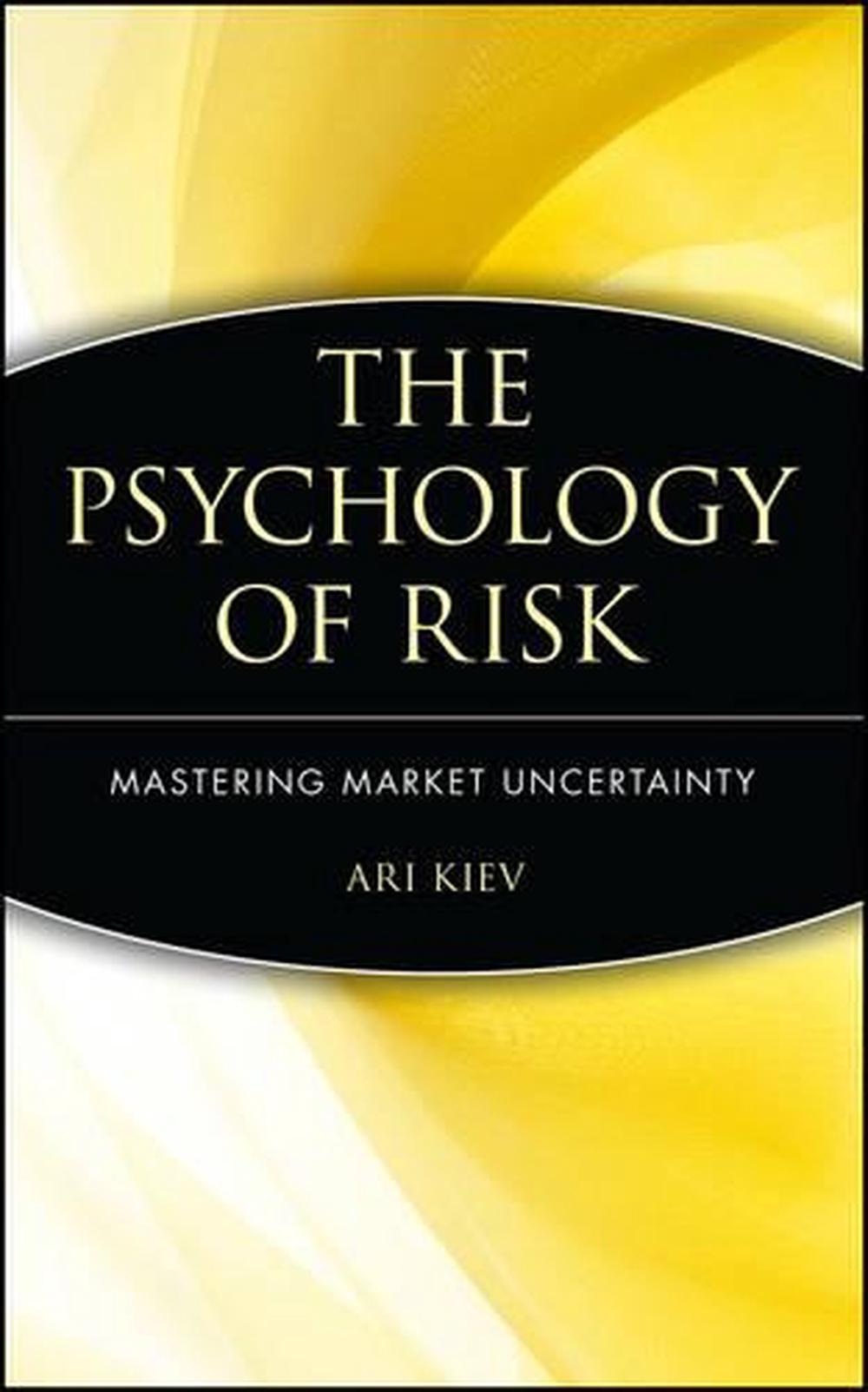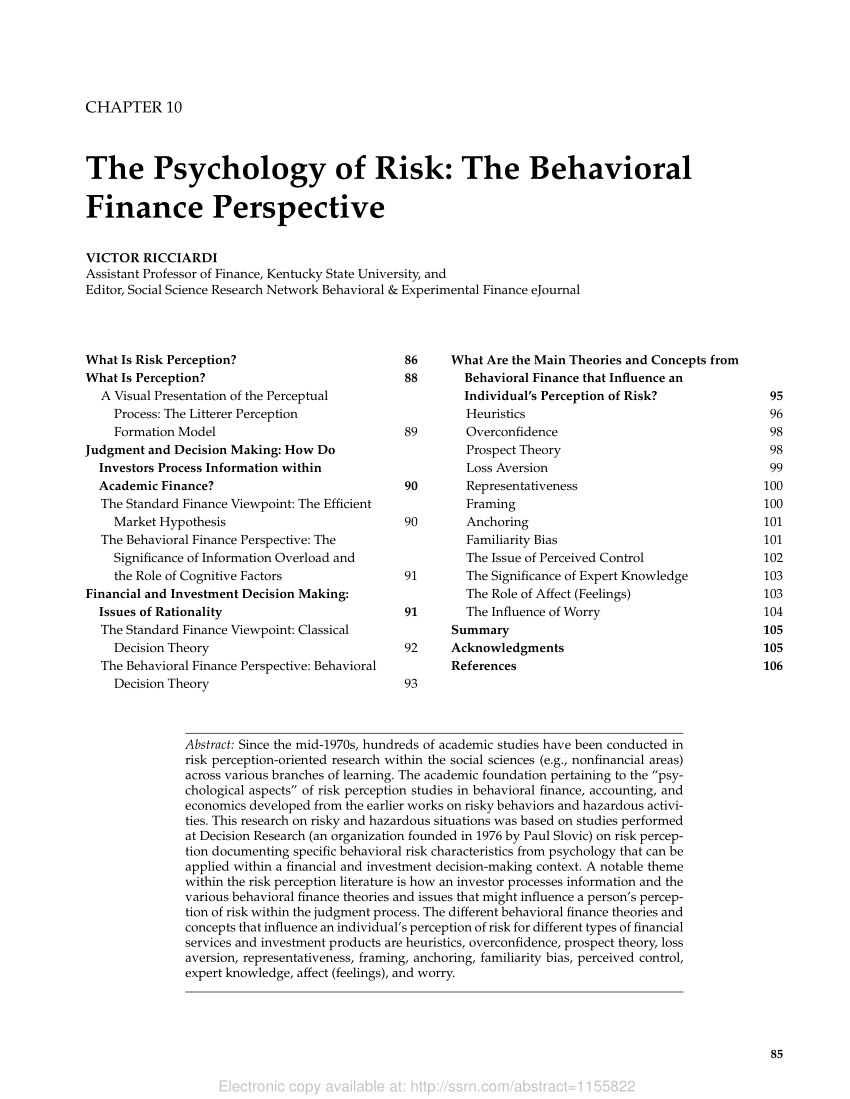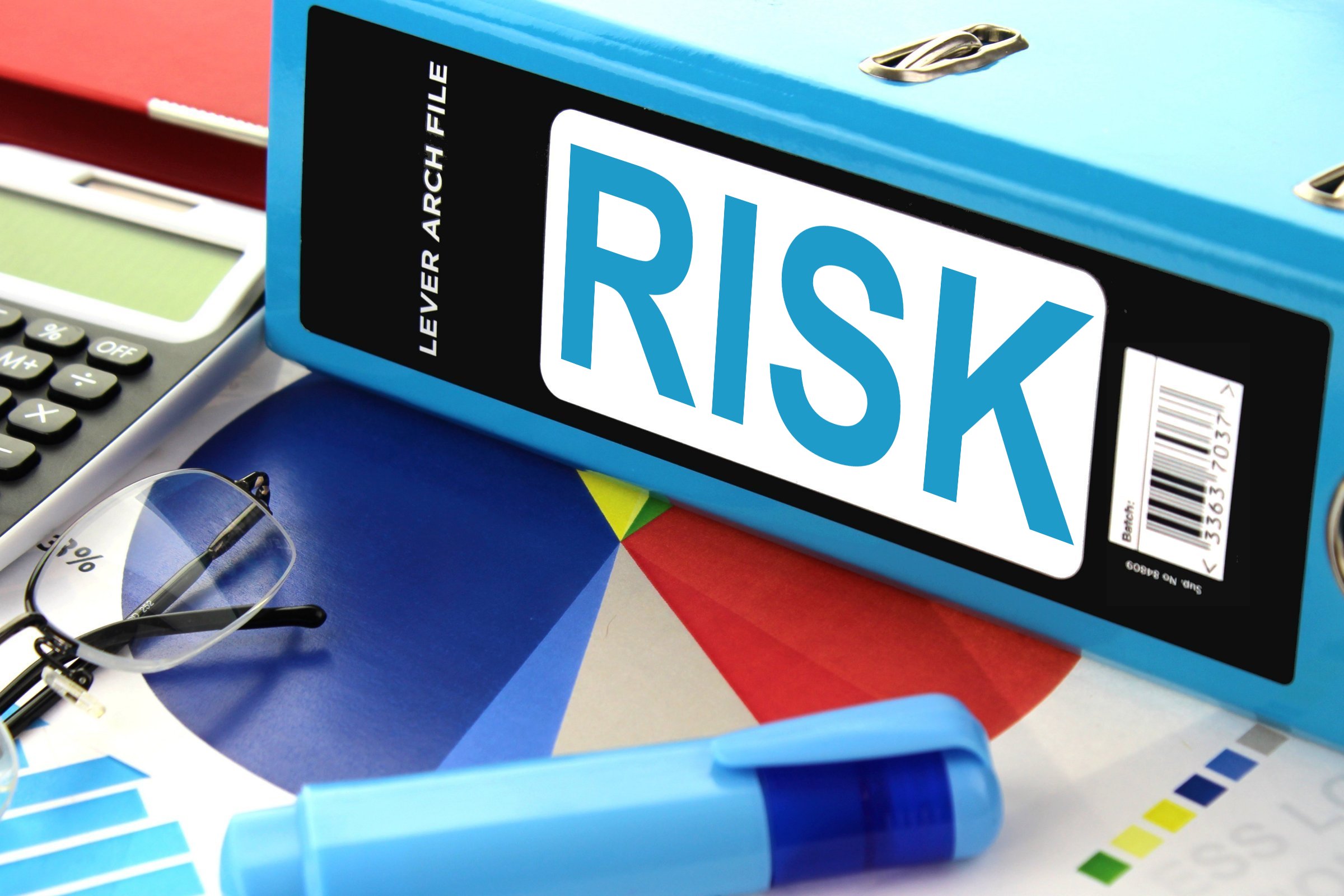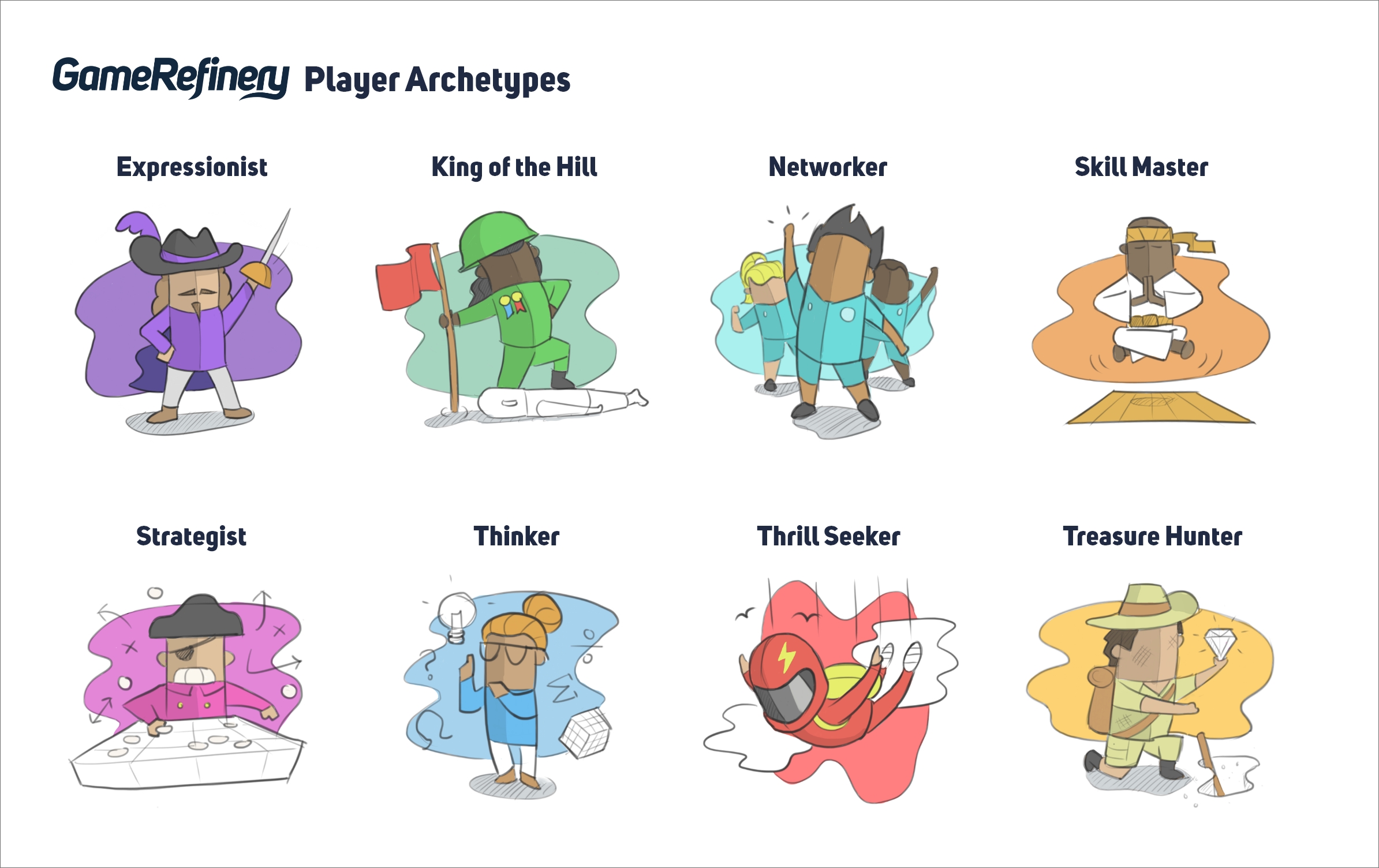The Psychology of Risk: Why We Bet and How to Win

Humans are hardwired to take risks. It's in our nature to gamble, explore, and push the boundaries of what's possible. But why do we do it? And how can we make sure that we're making wise decisions when we take risks?

There are a few key psychological factors that drive our risk-taking behavior. One is the thrill of the chase. When we take a risk, we're essentially putting ourselves in a situation where there's a chance of winning or losing. This can be incredibly exciting, and it's one of the reasons why people enjoy gambling, investing, and starting businesses.

Another factor that drives risk-taking is the hope of reward. When we take a risk, we're also hoping for a positive outcome. This could be anything from winning money to getting a promotion to simply having a good time. The potential for reward can be a powerful motivator, and it can lead us to take risks that we might not otherwise consider.
Of course, not all risks are worth taking. Some risks are simply too dangerous, and they're not worth the potential reward. So how can we tell the difference between a good risk and a bad risk?
There are a few things to consider when evaluating a risk. First, consider the likelihood of success. What are the chances that you'll actually achieve your desired outcome? Second, consider the potential downside. What are the worst-case scenario if things go wrong? Third, consider your own risk tolerance. How comfortable are you with the possibility of losing?
By taking these factors into account, you can make more informed decisions about the risks that you take. And by understanding the psychology of risk, you can increase your chances of success.
Here are a few tips for making wise decisions when taking risks:
- Do your research. Before you take any risk, make sure you understand the potential risks and rewards involved. This will help you make an informed decision about whether or not the risk is worth taking.
- Set realistic expectations. Don't expect to win every time you take a risk. In fact, you should expect to lose some of the time. By setting realistic expectations, you can avoid getting discouraged if things don't go your way.
- Manage your risk tolerance. Everyone has a different risk tolerance. Some people are more comfortable with taking risks than others. It's important to understand your own risk tolerance and to make sure that you're only taking risks that you're comfortable with.
- Don't let fear control you. Fear is a natural emotion, but it can also prevent us from taking risks. If you're afraid of taking risks, try to identify the source of your fear. Once you understand your fear, you can start to develop strategies for overcoming it.
- Have a recovery plan. No matter how careful you are, there's always a chance that you'll lose money or fail when you take a risk. It's important to have a recovery plan in place so that you can bounce back from setbacks and continue moving forward.
By following these tips, you can increase your chances of success when taking risks. Remember, not all risks are worth taking. But by carefully considering the risks and rewards involved, you can make wise decisions about the risks that you do take.## The Psychology Of Risk: Why We Bet And How To Win
Executive Summary
This article explores the psychological factors that influence our decision-making when facing risks, examining the cognitive biases, emotional responses, and social influences that shape our risk-taking behavior. It provides insights into the strategies we can employ to mitigate risk and increase our chances of success in uncertain situations. By delving into the complexities of risk psychology, we can gain a deeper understanding of how to navigate decision-making under uncertainty and improve our overall outcomes.
Introduction
Humans are inherently risk-takers. From the smallest of gambles to the grandest of adventures, we navigate an uncertain world, making decisions that carry the potential for loss as well as gain. Understanding the psychological forces that drive our risk-taking behaviors is crucial for individuals and organizations alike. This article delves into the fascinating realm of risk psychology, exploring the cognitive, emotional, and social factors that shape our choices under uncertainty. By gaining a deeper understanding of these factors, we can become more mindful risk-takers, increasing our chances of success and minimizing potential pitfalls.
Cognitive Biases
Cognitive biases are mental shortcuts that lead to systematic deviations from rational decision-making. They can significantly influence our risk-taking behavior.
- Optimism Bias: The tendency to overestimate the likelihood of positive outcomes and underestimate the likelihood of negative outcomes.
- Confirmation Bias: The tendency to seek out information that confirms our existing beliefs and ignore information that contradicts them.
- Hindsight Bias: The tendency to view past events as more predictable than they actually were, leading to an illusion of control over uncertain situations.
- Loss Aversion: The tendency to feel the pain of a loss more strongly than the pleasure of an equivalent gain.
- Availability Bias: The tendency to overestimate the likelihood of events that are easily brought to mind.
Emotional Responses
Emotions play a significant role in our risk-taking behavior, influencing both our perception of risk and our willingness to take it.
- Fear: Can paralyze us, preventing us from taking necessary risks.
- Greed: Can lead us to take excessive risks in the pursuit of short-term gains.
- Excitement: Can motivate us to take risks, stimulating feelings of exhilaration and adventure.
- Regret: Can haunt us after making poor risk-taking decisions, leading to negative emotional states and avoidance behavior.
- Anticipation: Can influence our risk-taking behavior, leading us to overestimate or underestimate the potential rewards or consequences of our actions.
Social Influences
Our social environment can significantly influence our risk-taking behavior.
- Peer Influence: The tendency to conform to the risk-taking behaviors of our peers, particularly in group settings.
- Social Norms: The unwritten rules and expectations that guide our behavior, including risk-taking.
- Authority Figures: The perceived credibility and expertise of others can influence our risk tolerance, leading us to trust their judgments and take similar risks.
- Risk Culture: The attitudes and beliefs about risk that are shared within a particular culture or organization, shaping our overall risk-taking propensity.
- Media Portrayal: The way risk is depicted in media, entertainment, and news can influence our perception of both its severity and desirability.
Mitigating Risk and Maximizing Success
Understanding the psychological factors that influence risk-taking behavior is the first step towards mitigating risk and maximizing our chances of success. By employing the following strategies, we can become more mindful risk-takers and improve our overall decision-making under uncertainty.
- Introspection: Regularly reflect on our cognitive biases, emotional responses, and social influences to become more aware of how they shape our risk-taking behavior.
- Information-Gathering: Gather reliable and diverse information before making important decisions, seeking out perspectives that challenge our existing beliefs.
- Scenario-Planning: Envision different potential outcomes and develop strategies to manage both positive and negative scenarios.
- Calculated Risk-Taking: Take calculated risks by carefully weighing the potential risks and benefits, setting limits, and having contingency plans in place.
- Continuous Learning: Continuously learn from past experiences, both successes and failures, to refine our risk-taking strategies over time.
Conclusion
Understanding the psychology of risk is essential for making informed decisions in the face of uncertainty. By recognizing the cognitive biases, emotional responses, and social influences that shape our risk-taking behavior, we can develop strategies to mitigate risk and increase our chances of success. The journey of risk-taking requires introspection, information-gathering, scenario-planning, calculated risk-taking, and continuous learning. By embracing these principles, we can become more resilient risk-takers, navigating the uncertain world with greater confidence and effectiveness.
Keyword Phrase Tags
- Risk Psychology
- Cognitive Biases
- Emotional Responses
- Social Influences
- Risk Management





















































































































































 Global Online Gambling & iGaming is a full service cash Online Gambling & iGaming marketing consultancy with casino partners situated around the world.
Global Online Gambling & iGaming is a full service cash Online Gambling & iGaming marketing consultancy with casino partners situated around the world.